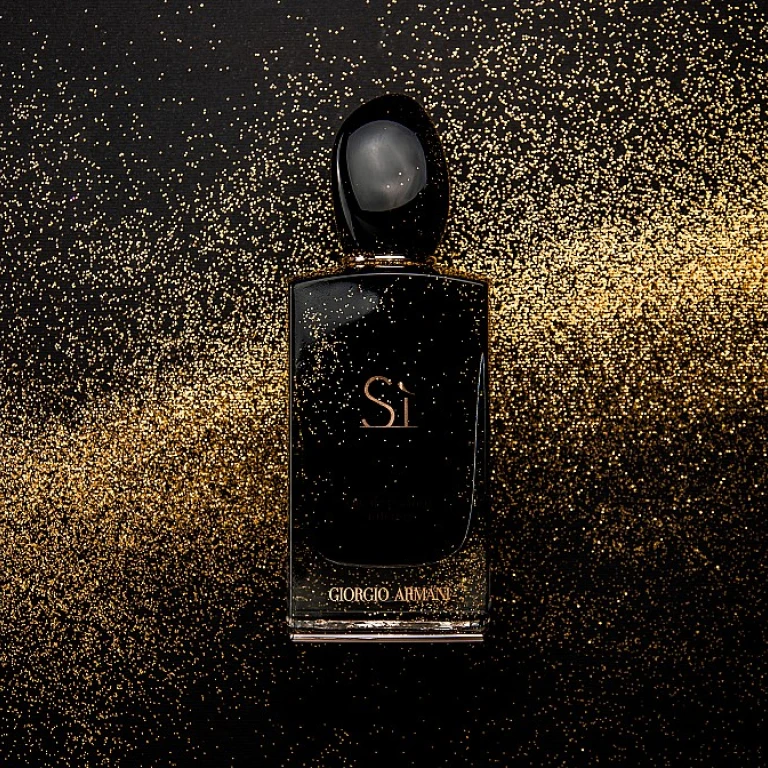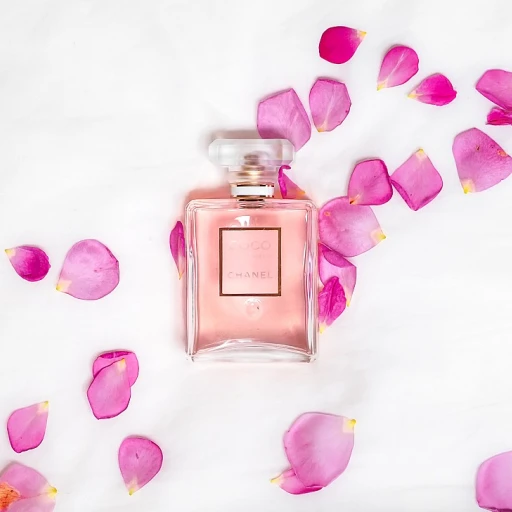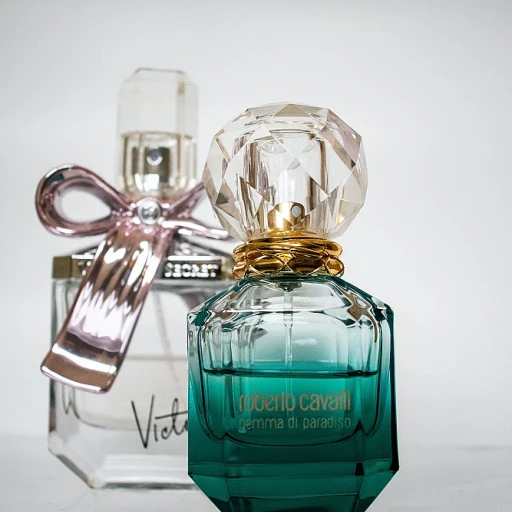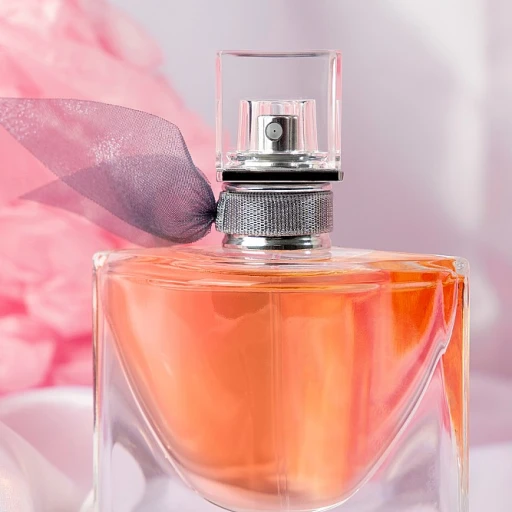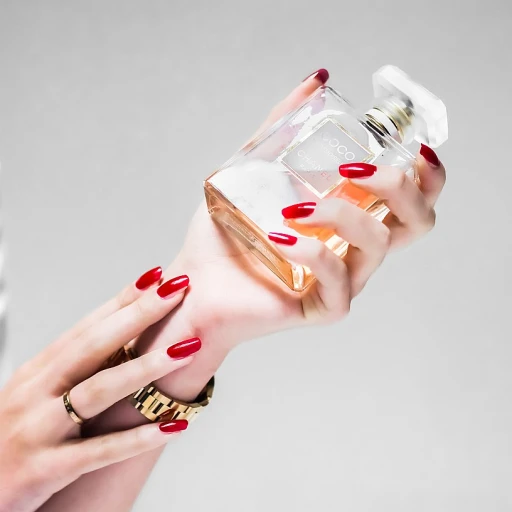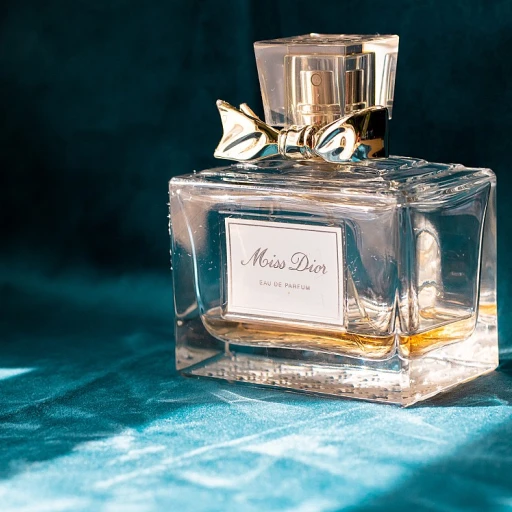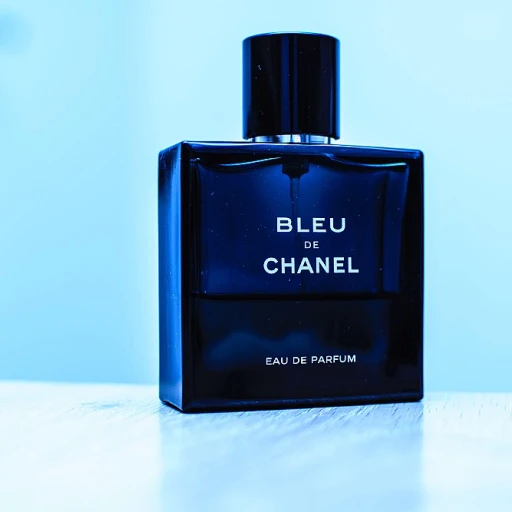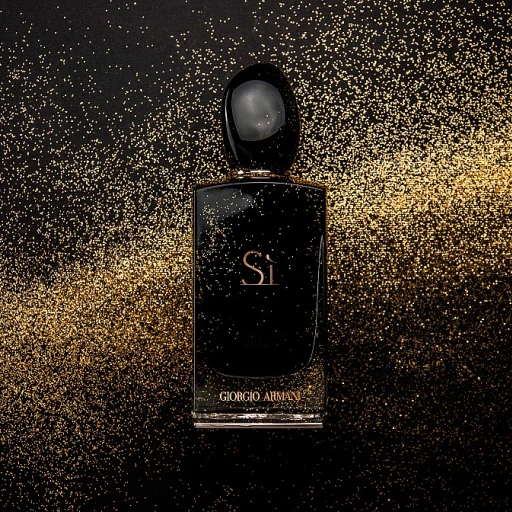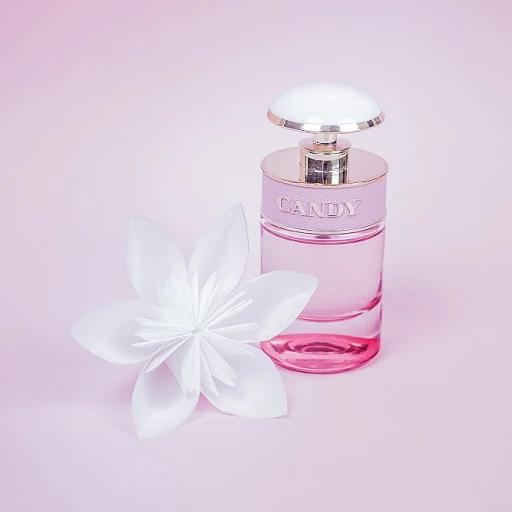
Understanding Perfume Composition
The Essence of Perfume Ingredients
Understanding the composition of perfume is crucial in determining whether it can freeze. At the core of most perfumes lies a mesmerizing blend of alcohol and essential oils, which create the signature scent loved by many. The concentration of these oils, combined with alcohol, varies in different types of fragrances. For instance, eau de parfum contains a higher percentage of essential oils compared to lighter forms like eau de toilette.
The backbone of these fragrances, alcohol, serves not only as a carrier but significantly influences a perfume's freezing point. Pure alcohol has a significantly lower freezing point than water, roughly around -114°C (-173.2°F). This makes it unlikely for perfumes to freeze under normal circumstances, as the concentration of alcohol prevents the entirety of the fragrance from reaching its freezing point in everyday cold temperatures.
Moreover, the nature of the essential oils themselves can impact the freezing point. Some oils are more resilient to cold than others, which affects how the fragrance behaves when exposed to extreme temperatures. This composition complexity is vital to appreciate how fragrances may react in cold environments. To further delve into the intricacies of storing and traveling with your favorite scents, discover how a perfume atomizer can enhance your scent experience.
The Science of Freezing Points
The Enigma of Freezing Points in Fragrances
Understanding the freezing points of perfumes is essential for anyone who cherishes their favorite scent. Fragrances consist of a blend of various components, primarily alcohol and essential oils, each with distinct freezing properties.- Alcohol: In the context of perfumes, alcohol serves as the main carrier for the scent and typically has a lower freezing point compared to water. This is why most fragrances do not solidify easily in cold environments. The type of alcohol used often varies, influencing how well a perfume withstands temperature changes.
- Oils: Essential oils form the heart of any fragrance. Each oil has its own freezing point, contributing to the perfume's freezing behavior. While some essential oils can withstand cold temperatures without issue, others may become cloudy or lose their potency.
- Composition: The balance between alcohol and oils within a fragrance determines its resistance to freezing and its overall performance in varying conditions.
Temperature's Impact on Scent
How Temperature Influences the Character of a Fragrance
When it comes to preserving the essence of your favorite perfume, understanding the influence of temperature is key. The base components that comprise a fragrance, such as alcohol and essential oils, interact differently with temperature variations. Cool temperatures can offer your fragrances a longer shelf life, while extreme temperatures pose risks to your perfume's integrity.
Under cold conditions, the alcohol present in most perfumes can remain stable; however, exposure to overly low temperatures may cause changes in the structural integrity of the bottle itself. If a perfume bottle is exposed to cold temperatures for a prolonged period, you might discover that it does not alleviate well when sprayed, as the liquid thickens, leading to a muted scent dispersion.
Stored in the ideal setting, perfumes present their most authentic forms. When exposed to freezing or fluctuating warmth, you might end up with fragrances that differ from their original allure. If concerned about the effects of temperature on your beloved scents, remember to store perfume in a cool, dark place to maintain its intended character and performance.
On the journey of discovering the best ways to store your fragrance, be sure to read more about how external factors work in tandem with a sophisticated aroma – delve into the intriguing world of creamy textures and their impact on our sensory experiences in the Allure of Creamy White: a Deep Dive into Bianco Latte Lotion.
Optimal Storage Conditions
Creating the Right Environment for Fragrance Preservation
Proper storage is crucial to maintain the enchanting scents of your various perfumes. Start by examining your preferred fragrance's composition which includes alcohol, essential oils, and other components that determine its longevity. An environment combining temperature and light plays a vital role in preserving the original note of your perfume.
To keep your fragrances at their best, a stable environment free from fluctuations in temperature is key. This means avoiding both extreme freezing cold temperatures and sweltering heat, which can significantly impact the characteristics of your fragrance.
- Temperature Control: Keep perfume in a regulated, controlled climate if possible. Extreme cold or heat can break down essential oils, altering the scent.
- Darkness: Store perfumes in a cool dark place, as direct sunlight can deteriorate the delicate oils and cause your perfumes to spoil faster.
- Humidity: High humidity levels can also affect your perfume. Store perfume in dry conditions to ensure its notes are kept intact over time.
Remember, leaving fragrances out in fluctuating temperatures, such as a car, can be detrimental. Perfume bottles should be kept in locations where temperature and light are consistent. Not only will this care prolong the bottle's shelf life, but it will also keep your scents unaltered, just as you bought them.
Myths and Facts About Perfume Freezing
Dispelling Common Misconceptions About Perfume and Freezing
When it comes to storing fragrant compositions, myths about perfume freezing abound, posing questions about the right conditions to preserve the delicate balance of scents. Rest assured, we're here to clarify some prevalent misconceptions and offer clear insights. First and foremost, the idea that all perfumes will freeze at cold temperatures isn't quite accurate. Many fragrances contain a significant amount of alcohol, which lowers the freezing point, allowing them to withstand cooler environments better than one might suppose. Whether you choose an eau de parfum or another type, noticing your perfume in the freezer isn't necessarily damaging in the short term. Next, concerns about fragrance shelf life and cold temperatures need to be addressed. It is true that extreme temperatures, both hot and cold, can alter the delicate oils within perfume bottles, potentially changing the scent profile over time. However, unless exposed to freezing for extended periods, your beloved scent is unlikely to suffer. A cool, dark place is often recommended when it comes to storing perfume. This is because long exposure to light and fluctuating temperatures—in front of a sunny window or in a heated car—can more detrimentally alter a fragrance than brief cold snaps would. To wrap up these points, while your perfume bottles might endure occasional visits to near-freezing conditions, it's best to focus on consistent and moderate storage where possible. For perfume enthusiasts frequently on the go, understanding how to best preserve those coveted scents will ensure they maintain their aroma no matter where your travels take you. Remember, while many myths surround fragrance storage, a sound understanding of composition and care helps demystify what truly affects perfume longevity.Tips for Traveling with Perfume
Essentials for Journeying with Your Favorite Aromas
When traveling, maintaining the integrity of your cherished perfume involves a delicate balance. Whether you're jetting off to a tropical paradise or embarking on an alpine adventure, ensuring your perfume's safety across cold temperatures and unexpected freezing points is key.- Compact Solution: Opt for smaller, travel-size perfume bottles. This limits the risk of losing significant volume due to spillage or temperature impact, and they occupy less space, making them more manageable during transit.
- Protective Packaging: Consider using padded pouches or wrapping your perfume bottles in soft clothing to provide an added layer of protection against sudden impacts or jolts.
- Temperature Awareness: Avoid leaving perfumes in the car where temperatures fluctuate drastically. Extreme temperatures could disrupt the delicate balance of alcohol and essential oils, affecting your fragrance's scent profile and longevity.
- Cool, Dark Transport: If driving is part of your travel plan, keep perfumes in a cool, dark section of your luggage. This prevents exposure to overheating or freezing, which could alter the fragrance composition.
- Consistent Temperature: On flights, maintain your perfume in your carry-on, where temperatures are more stable. Check-in luggage is exposed to colder environments, posing a risk to the aroma integrity.

